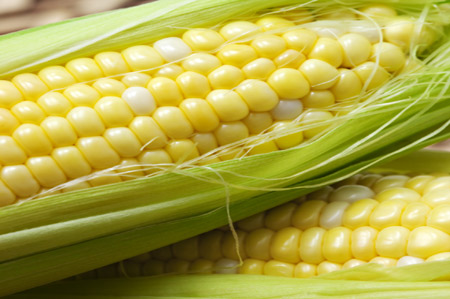 (Bloomberg) – Corn rose, extending the biggest one-day rally this month, amid concern that yields in the U.S., the world’s largest grower, may fall below government forecast.
(Bloomberg) – Corn rose, extending the biggest one-day rally this month, amid concern that yields in the U.S., the world’s largest grower, may fall below government forecast.
Corn for July delivery gained 0.2 percent to $6.5675 a bushel on the Chicago Board of Trade at 10:47 a.m. in Singapore, after climbing 3 percent yesterday. The trading volume was 19 percent below the 100-day average for this time of day.
About 28 percent of the U.S. corn crop was planted as of May 12, behind last year’s 85 percent and average of 65 percent for that same week in the previous five years, the U.S. Department of Agriculture said yesterday. Dry weather forecast through May 16 in parts of the Midwest will favor corn planting, DTN said in a report. Much of the Midwest may have near to above normal rainfall next week, further disrupting planting, it said.
“People are still quite nervous that planting will not be completed,” Tetsu Emori, a commodity fund manager at Astmax Asset Management Inc., said by phone from Tokyo today. Planting needs to be at least 65 percent completed by May 20, or the crop risks sustaining yield losses as it enters critical crop development during the summer, he said.
The USDA’s May 10 forecast for a record 359.2 million metric tons of U.S. production assumed that yields will rebound to 158 bushels per acre, based on a harvested area of 89.5 million acres. That’s up from 123.4 bushels an acre last year, when the nation suffered the worst drought since the 1930s.
Wheat for delivery in July gained 0.3 percent to $7.115 a bushel in Chicago. About 32 percent of the winter-wheat crop in the U.S., the largest shipper, was rated good-to-excellent, unchanged from the previous week, the USDA said yesterday.
Soybeans rose 0.4 percent to $14.2425 a bushel. About 6 percent of the U.S. soybean crop was planted as of May 12, behind last year’s pace of 43 percent and an average of 24 percent in the previous five years, the USDA said.




